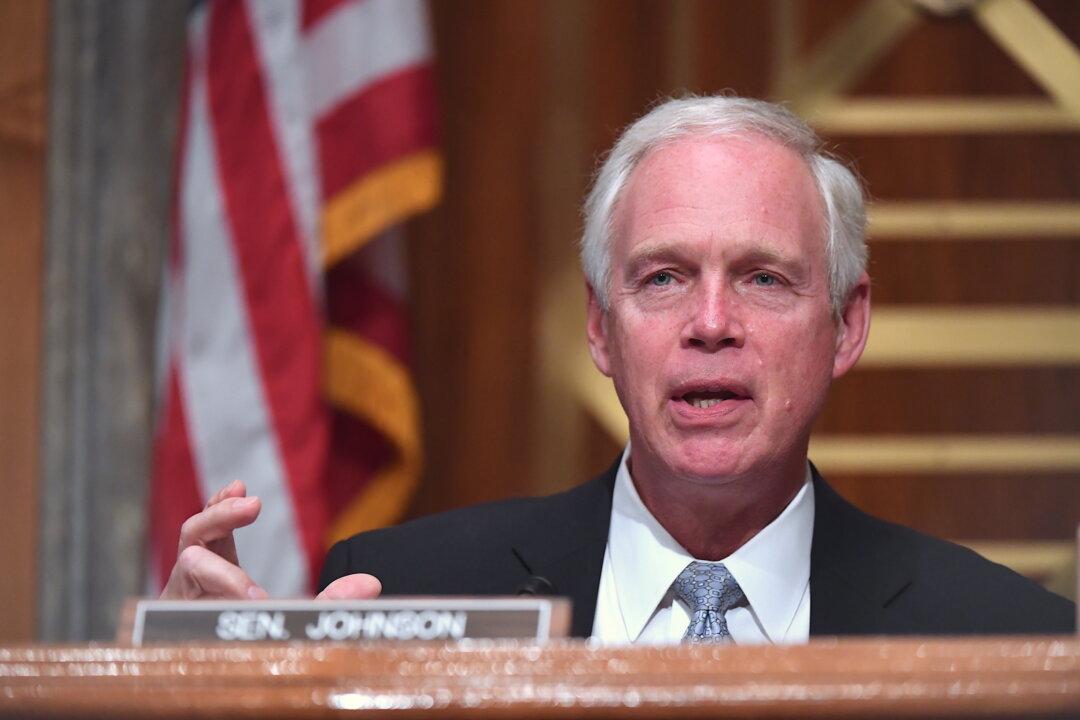As a result of the COVID-19 pandemic response that included lockdowns, many small businesses folded while big companies thrived, a senator said, calling this phenomenon a “wealth transfer.”
Sen. Ron Johnson (R-Wis.) criticized the response to the pandemic, particularly the shutdowns, in a March 22 interview on EpochTV’s “American Thought Leaders” program.






